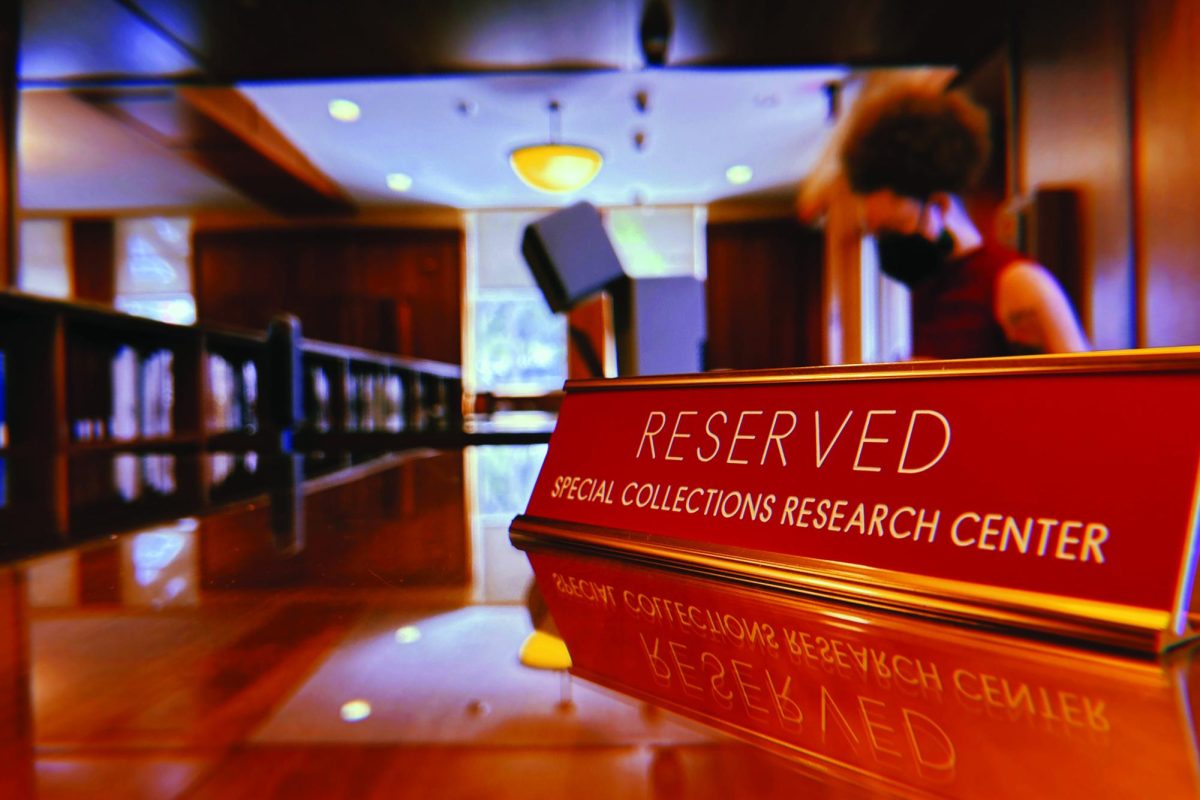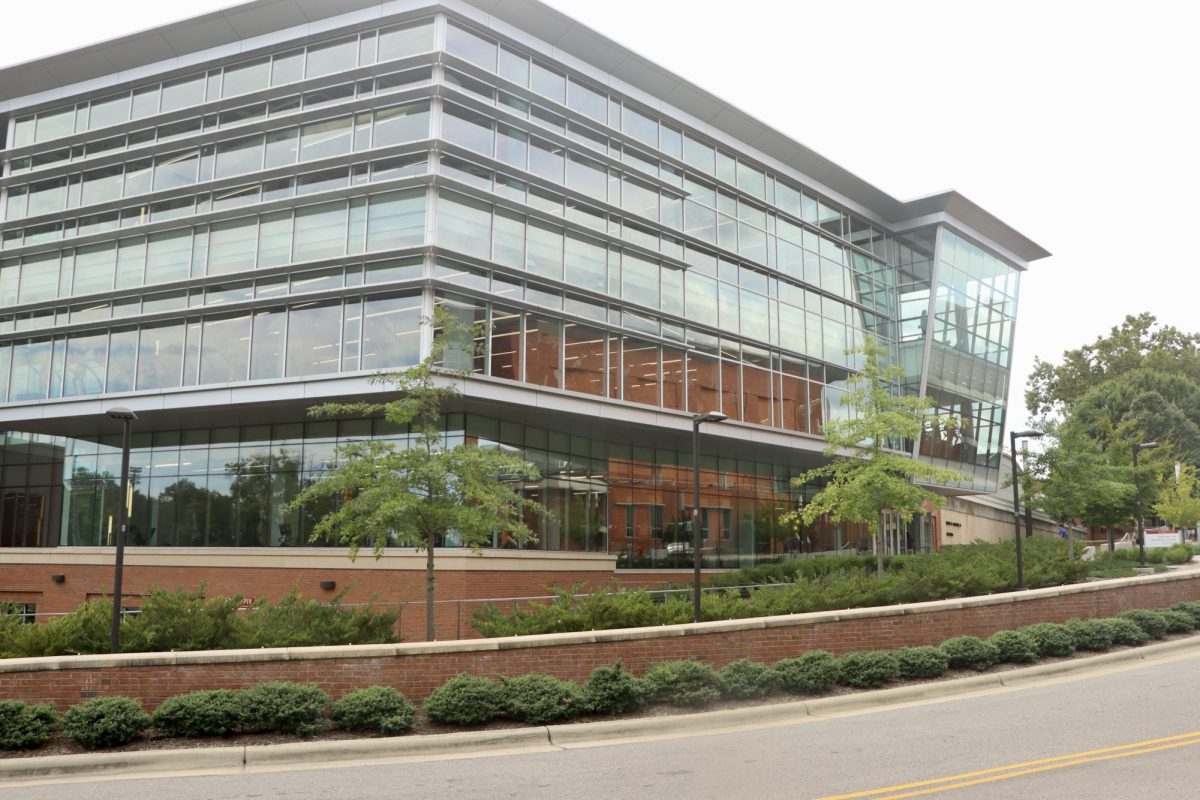A Non-Religious Diversity Panel was held in Riddick Hall Thursday evening as part of Diversity Education Week. Sponsored by NC State’s chapter of the Secular Student Alliance (SSA), the event featured an open discussion on religious diversity and stereotypes surrounding irreligion and atheism.
The panel consisted of Zach Lewis, faculty advisor for the SSA and lecturer in physics, and Evan Balser, SSA Public Relations Chair and a junior studying political science. Identity was a major topic of the evening.
“When you say you’re not religious, that doesn’t tell you what you are,” Lewis said.
Balser and Lewis explained that they were both raised as Christians, but shifted away from those beliefs once they entered college.
Balser transitioned initially into agnosticism, but now identifies as an atheist because he says “a lot of people know what that is.”
Lewis would not mention his true religious beliefs because he worried about losing his job if his beliefs were known. “Not even being able to say who I am, that’s defining how I’m interacting with people,” Lewis said.
Balser added that he sometimes worried about the social stigma of being open about his lack of beliefs.
At one point during the event, a member of the audience who had recently moved to the area asked the panel to comment on the tone and reaction to nonreligious people in North Carolina.
In response, Balser stated that he thought the reaction was generally polite. Lewis disagreed.
“I think that [politeness] comes from being in an urban area,” Lewis said. He warned that in certain rural areas of North Carolina, people have to “be careful” about exposing themselves as nonreligious. He added that there is a lot of leeway in rules that can be used to “punish people for being different. It’s safer to walk that line, be normal as opposed to being different.”
In terms of openness, Lewis compared being nonreligious to being LGBT.
“Nonreligious people are either in the closet or they’re out,” Lewis said. “It’s easier to hide being nonreligious than it is being LGBT. The gay atheists I know in the South, the majority of them are more comfortable coming out as LGBT than as atheist.”
He explained that some students in the SSA would be disowned by their parents if their religious views, or lack thereof, were known.
“Come out to your support group when you have another one in place,” Lewis said.
For students looking for such a support group, Lewis and Balser think the SSA could be just that.
“[The SSA] is mostly a community,” Balser said. He described the organization as place where people can relax and not worry about stepping on someone’s toes because of a difference of opinion.
Daniel Kenline, a junior studying computer science, agreed.
“The sense of community is a big part of it,” Kenline said. “Just having a group of like-minded people to hang out with is fun. Being able to discuss things with people who aren’t going to take it as I’m attacking their perspective is valuable to me.”
This is the first year that the SSA has participated in Diversity Education Week. Tracey Ray, assistant vice provost for student diversity, had suggested that the organization could gain exposure by holding an event.
“As we’ve been interacting more with the campus community, we recognize that there is a need for more information and awareness about the lived experience of nonreligious people on campus, both students and staff,” Lewis said. “Even though upward of 20 to 25 percent of NC State students don’t identify with any religion, there’s more awareness about religious diversity among people of different religions.”



